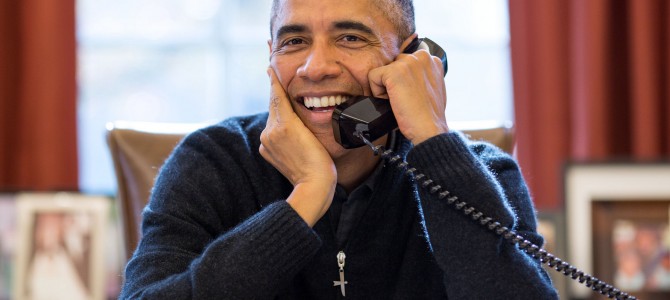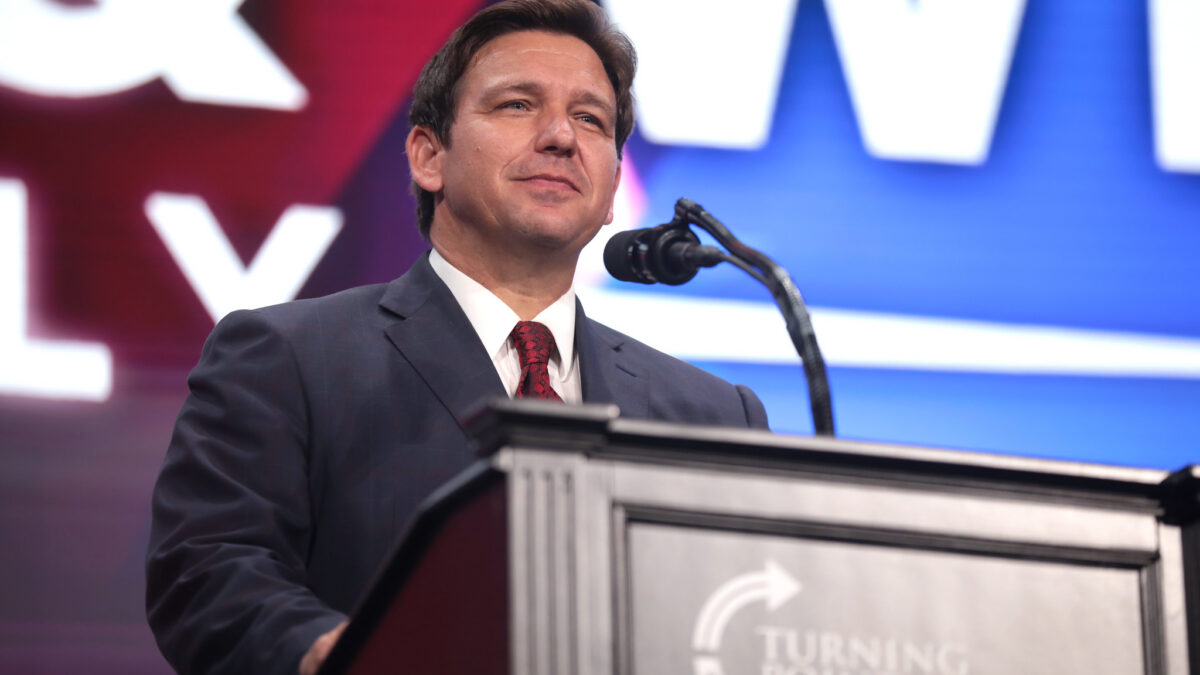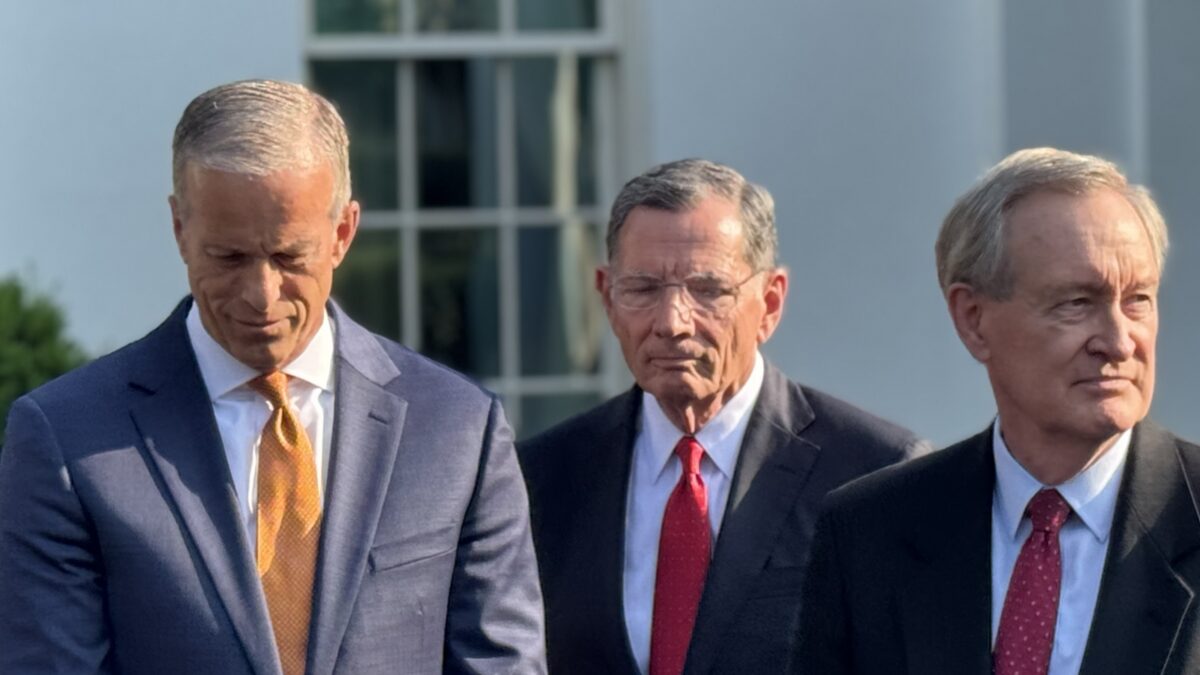There’s a big story emerging in D.C.: Barack Obama is making a comeback.
Politico’s newest contribution to this flourishing genre is titled “Obama libre.” The piece oscillates between the president’s success with executive power – “He’s spent a year nudging Americans to judge him less on legislative accomplishments and more on his executive actions” – and the long-peddled fiction that he’s merely a centrist in search of unanimity. “Obama’s always ready to make a deal, often at the expense of brushing off his base …” says Politico. It comforts me to believe that the person who typed that sentence may have winced just a little.
But, as you’ve no doubt have heard, Obama has been on a roll since the midterms. After the president announced that he would restore a full diplomatic relationship between Cuba and United States, Al Hunt claimed that no president in history had ever “experienced as severe an election drubbing as Barack Obama did in November and followed it with such a politically triumphant six weeks.” (Gloria Borger just goes ahead and compares him to Superman.)
To be fair, there is a rather narrow sample size for that kind of declaration. But what exactly does triumph looked like? The Cuba issue, while a good talker, probably isn’t the kind issue that most Americans are exceedingly concerned about. As we see how that shakes out, there are other wins that exist only in the imagination.
Hunt and Politico both tout the fact that 2.5 million Americans recently signed up in Obamacare marketplaces. For starters, meeting self-declared enrollment expectations for a program that is both coerced and subsidized is probably a lot less impressive as a policy achievement than the DC media might imagine. As for voters, it’s just as plausible that those who oppose Obamacare – still a majority of Americans – look at the solidifying of bad policy as a negative development rather than a win.
Another hopeful comeback storyline hinges on the idea that the president is finally going be credited for the longest job growth streak since the 1990s. That seems to lack a certain context. Though there are sycophantic partisans ready to put Obama on the $20 bill, the fact remains we are living through one the most brittle and stagnant recoveries in the history of the United States – a recovery that is, in part, being driven by the kind of low energy prices Obama has opposed and worked against. Perhaps a rare example of the wisdom of crowds, voters have probably hit a point where they believe the economy is recovering despite the help of Washington. Certainly an improving economy is bound to alleviate some of the electorate’s anxiety. But the idea that Obama’s tenure will be remembered fondly for a time of economic growth seems to be a longshot.
Otherwise, there is even less than meets the eye.
“Obama’s done more on environmental protections than any previous president,” Politico says. Part of this is the new EPA standards and part of this can be attributed to new international climate deals.
Though I imagine the people who passed the Clean Water Act or the Clean Air Act might disagree with this assertion, I’m told that huge things are going on. Though executive fiat is no way to run a country, we should probably wait to see the economic consequences of the EPA crackdown on modern energy production before we judge it’s political worth. And, though in theory, most people support climate deals, the media’s exhilaration over a non-binding climate deal that demands the Chinese do nothing until 2030 – perhaps ever – wasn’t exactly shared by the public. I imagine there will be similar contrived enthusiasm generated about the feeble climate deal being worked out in Peru. It is unlikely that the deal will ever be ratified by the United States Senate. But even if Obama worked his executive magic and bypassed the process, and even if by some miracle emerging economic powers took the deal seriously, as it stands now, the deal isn’t even a victory for liberals.
We can also argue on what immigration policy should look like, but there is little evidence that Obama’s executive action shielding up to 5 million illegal immigrants from deportation is a political win. In an NBC/Wall Street Journal poll released before Obama’s speech, 48 percent opposed Obama’s plan to unilaterally legislate immigration reform, while 38 percent support such action. Fourteen percent had no opinion or were unsure. And since then, most polls have shown –depending on how you ask the question –that this is deeply divisive issue. When you specifically ask about unilateral nature of the action, polling is negative.
Would the media describe a string of Republican victories won exclusively through executive action a “winning streak”? Today, somehow, even after a historic repudiation of his policies, Obama is not only reinvigorated and freed from the constraints of annoying process, but according to some in the media, he has been “politically triumphant.” There are two ways to explain this phenomena: Some folks are engaged in a lot of wishful thinking or we’ve severely downgraded the meaning of winning. Then again, maybe it’s a little of both.









